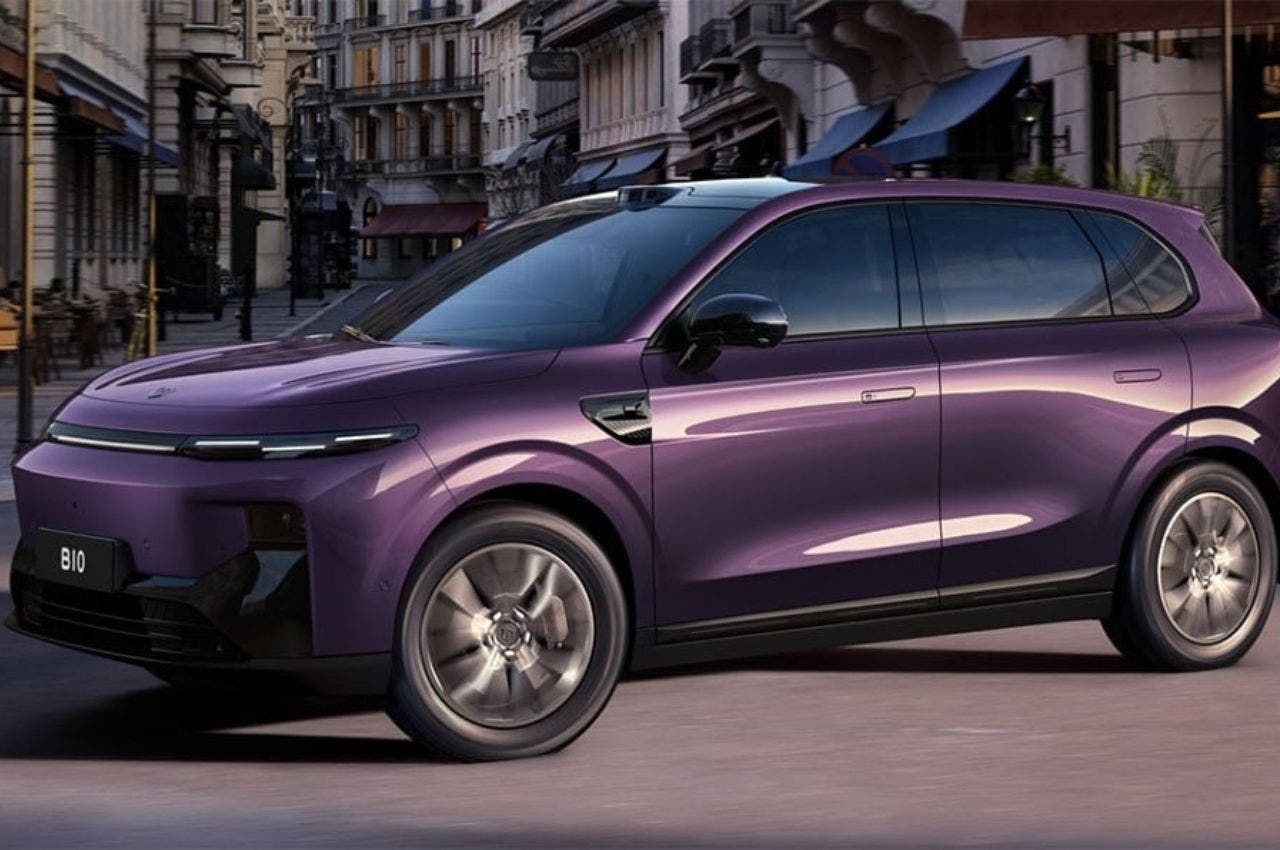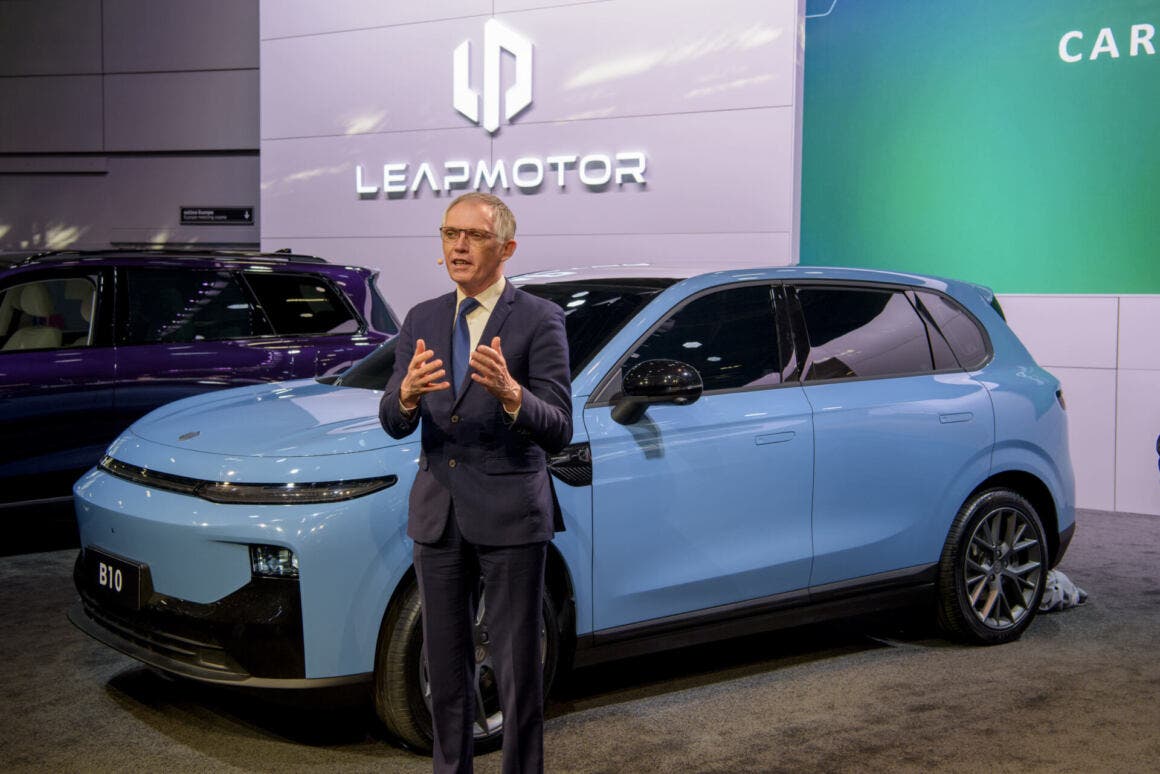The topic of tariffs for electric vehicles has been shaking the entire auto industry for some time. In this regard, Stellantis and Leapmotor are grappling with new tariffs dedicated to the EU, which could be grounds to revise plans already in place for production of the B10 model at the Stellantis plant in Poland.
Possible relocation of Leapmotor’s model production
The Leapmotor B10 was unveiled last October 14 at the Paris Motor Show. Right from the start, the car was seen as a very significant step for both the Stellantis Group and the Chinese company. It in fact, aims to offer electric vehicles, which are technologically very advanced and at the same time accessible to a large part of the public, outside the market of China. The B10, was the first model in Leapmotor’s B series, designed solely to expand internationally, with particular attention placed on the market of Europe.
Poland as we know is one of the 10 EU countries that are supporting the tariff plan, and at the moment it may have to see its role in the European EV plans of Leapmotor and Stellantis scaled back. If production were to move to Germany, Stellantis and Leapmotor could, in all likelihood, face higher user and labor costs. Nevertheless, however, this move could provide a stronger foothold in Western European markets.

Stellantis and Leapmotor in doubt about B10
Now, the situation is that Stellantis, together with its partner Leapmotor, for the reasons we have discussed, would have decided not to go ahead with plans to produce a second electric vehicle at the plant in Tychy, Poland, as has already been reported by some credible sources. Instead, the two partners could also consider as possible alternatives for the production of the B10 electric crossover the Opel plant in Eisenach, Germany, as we anticipated. Or another alternative would be Trnava, Slovakia.
The decision reportedly comes after the Chinese government advised its automakers to suspend substantial investments in European countries that supported the European Union’s recent proposal to impose tariffs of up to 45 percent on imported Chinese electric vehicles. This tariff, which took effect Oct. 30, is part of the EU’s initiative to address concerns about competition from low-priced Chinese electric vehicles.

Tavares still positive for B10’s future
A source with knowledge of the possible transition commented, saying that although the relocation of production could bring significant economic and cost challenges, it could still strengthen its presence within the European market. The Trnava plant in Slovakia is seen as a viable alternative due to potential lower operating costs than in Germany, making it an attractive choice. An insider commented instead that Trnava could be a cost-effective solution, helping Stellantis deliver on its promise to offer the B10 at a competitive price.
Despite this change, Stellantis confirms its commitment to affordable electric vehicles for Europe. CEO Carlos Tavares expressed confidence in the collaboration with Leapmotor and the prospects for the B10, stating, “With this partnership, we aim to offer advanced and affordable electric options to consumers beyond China’s borders, and this is just the beginning.”

